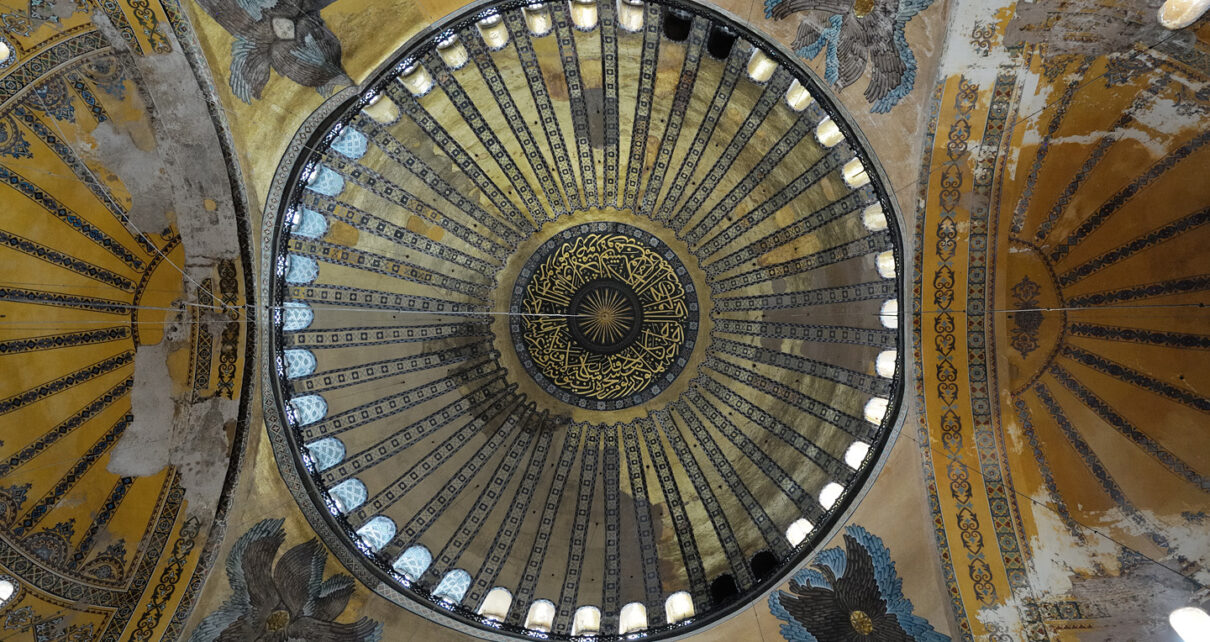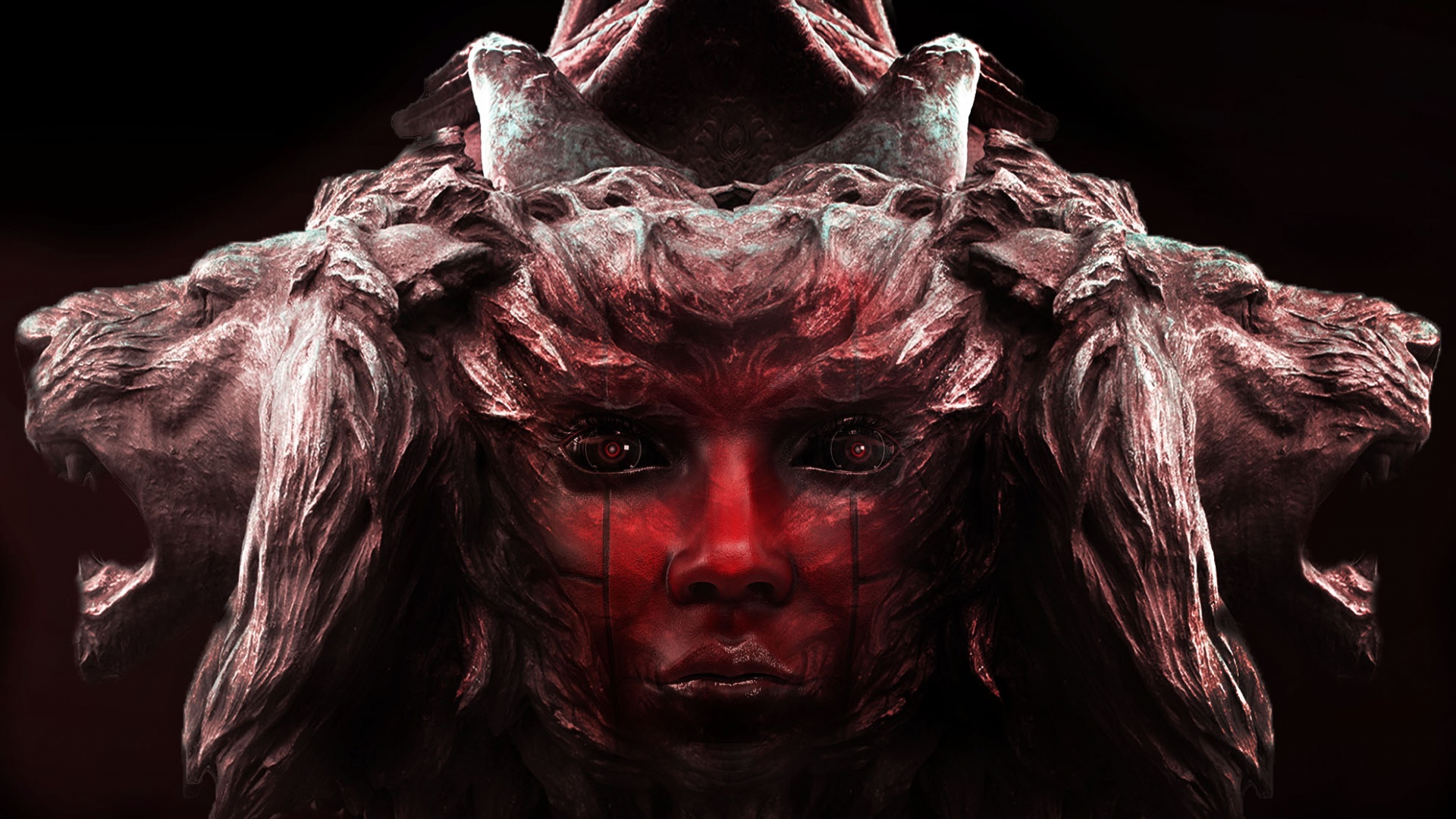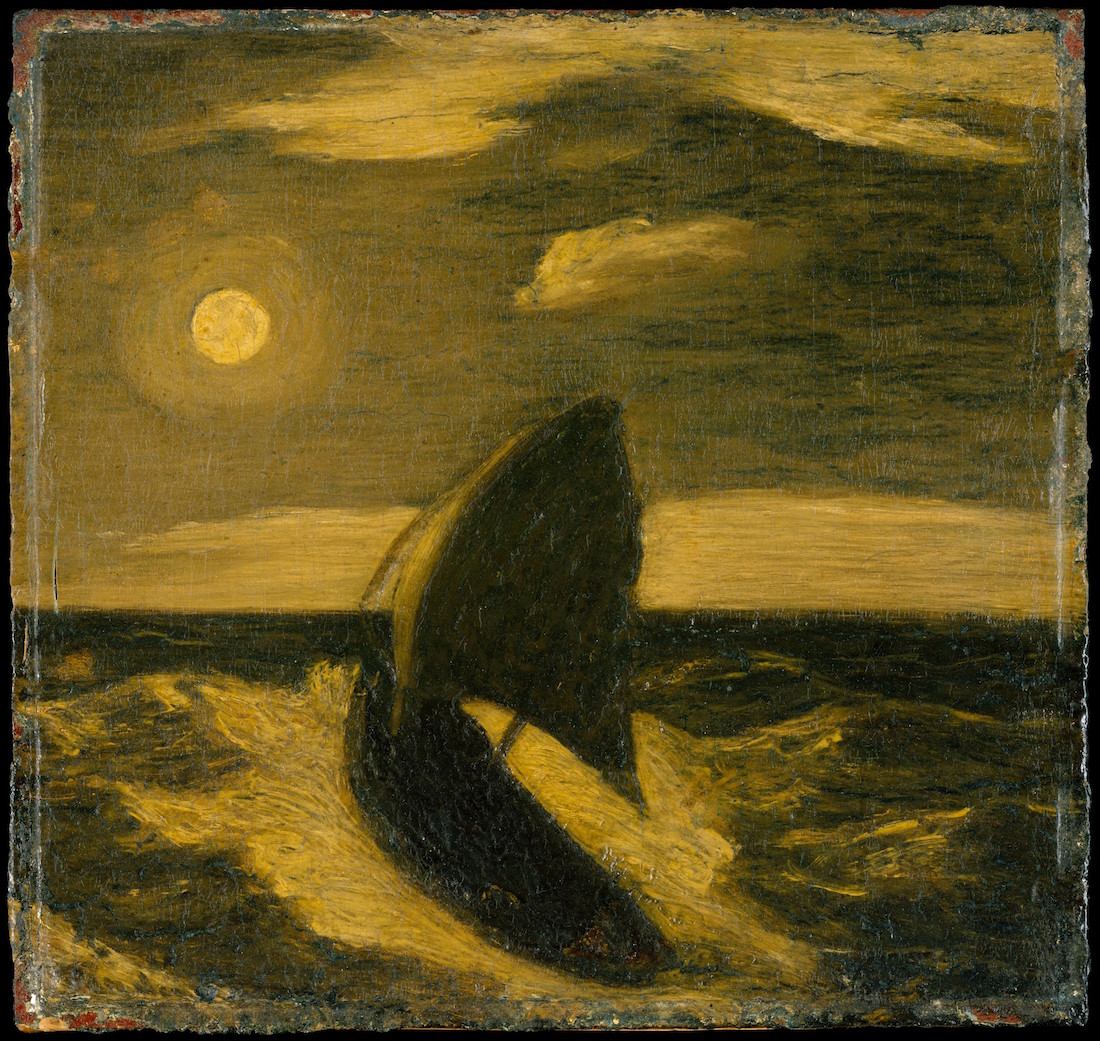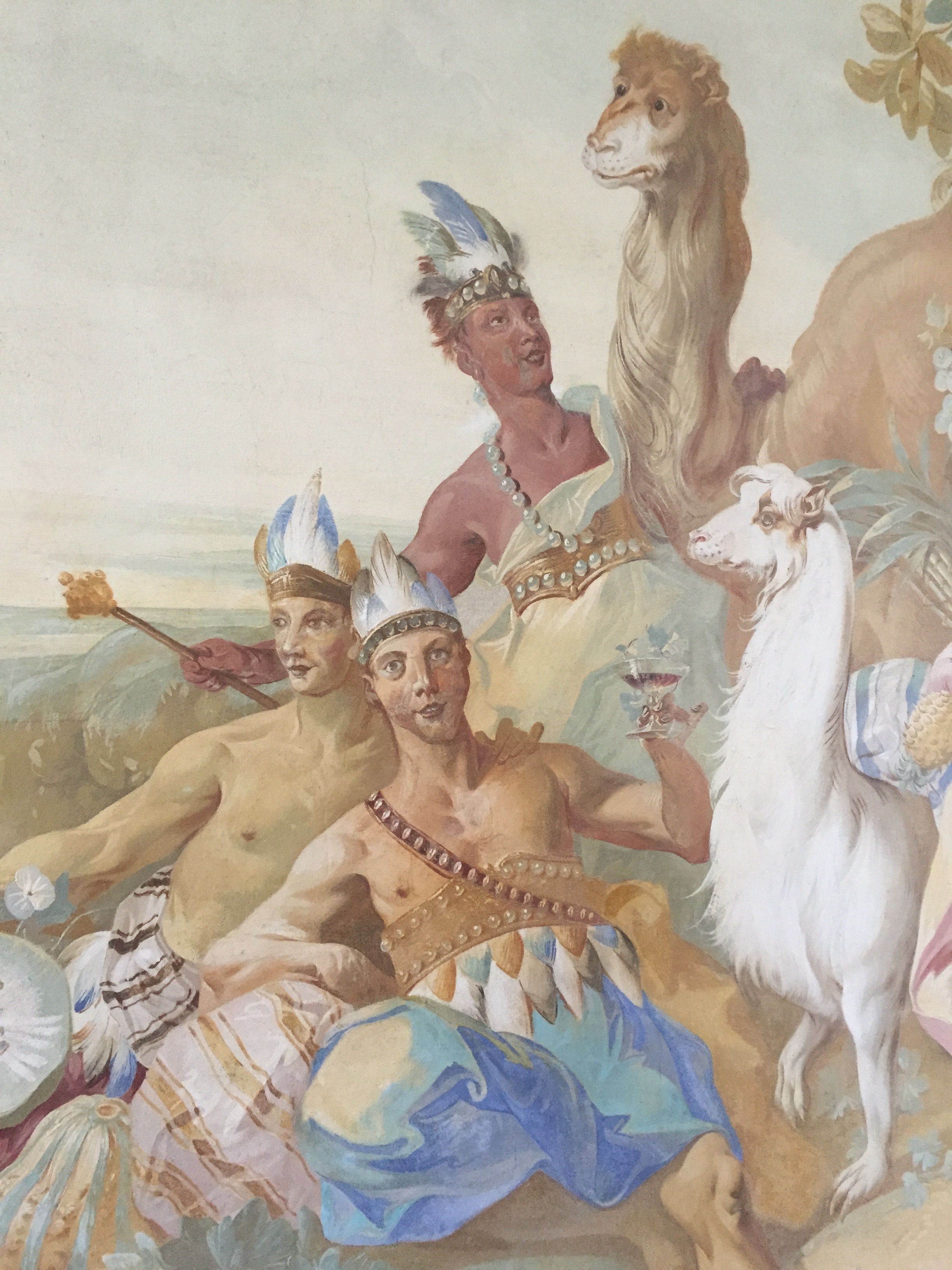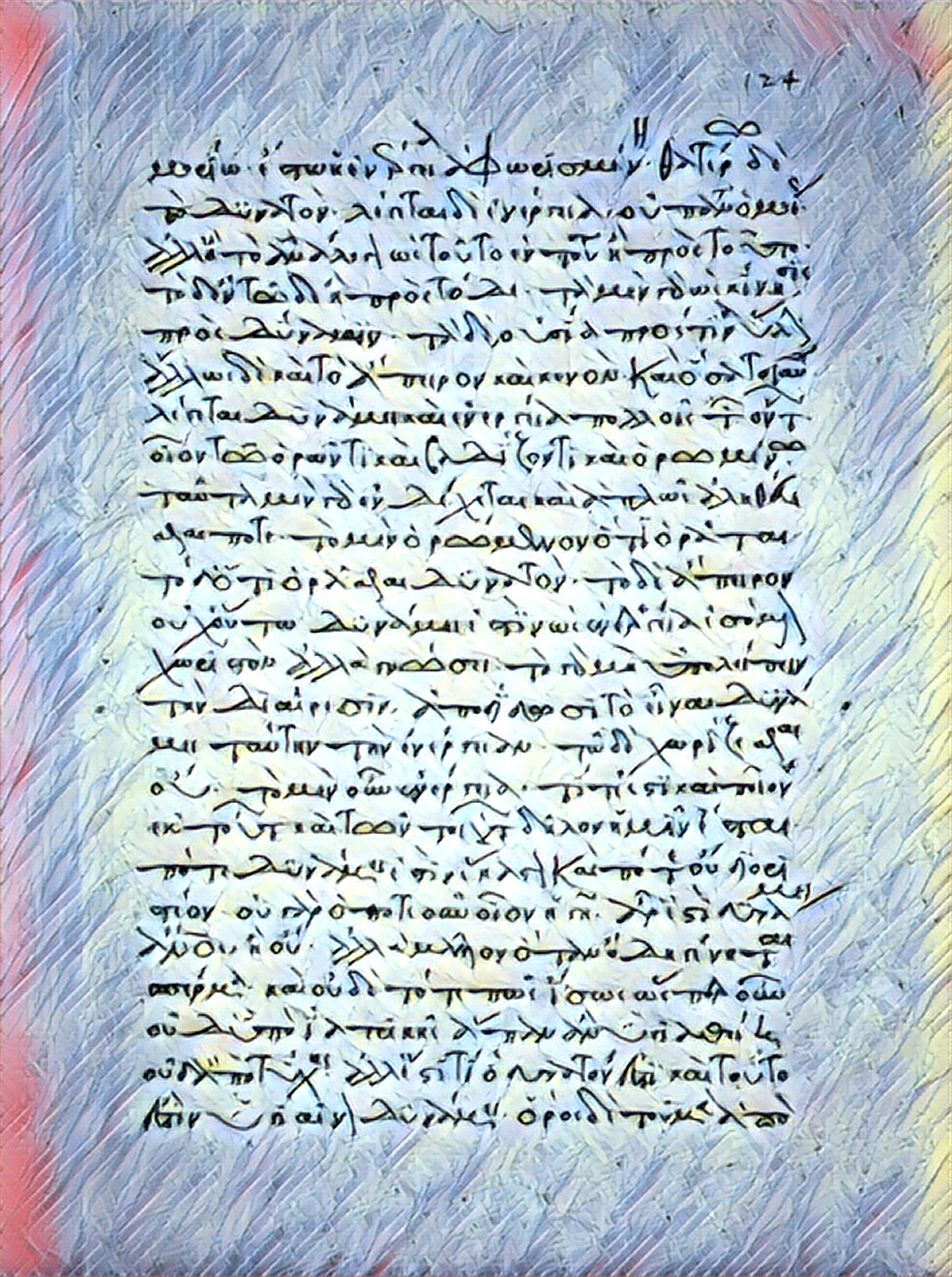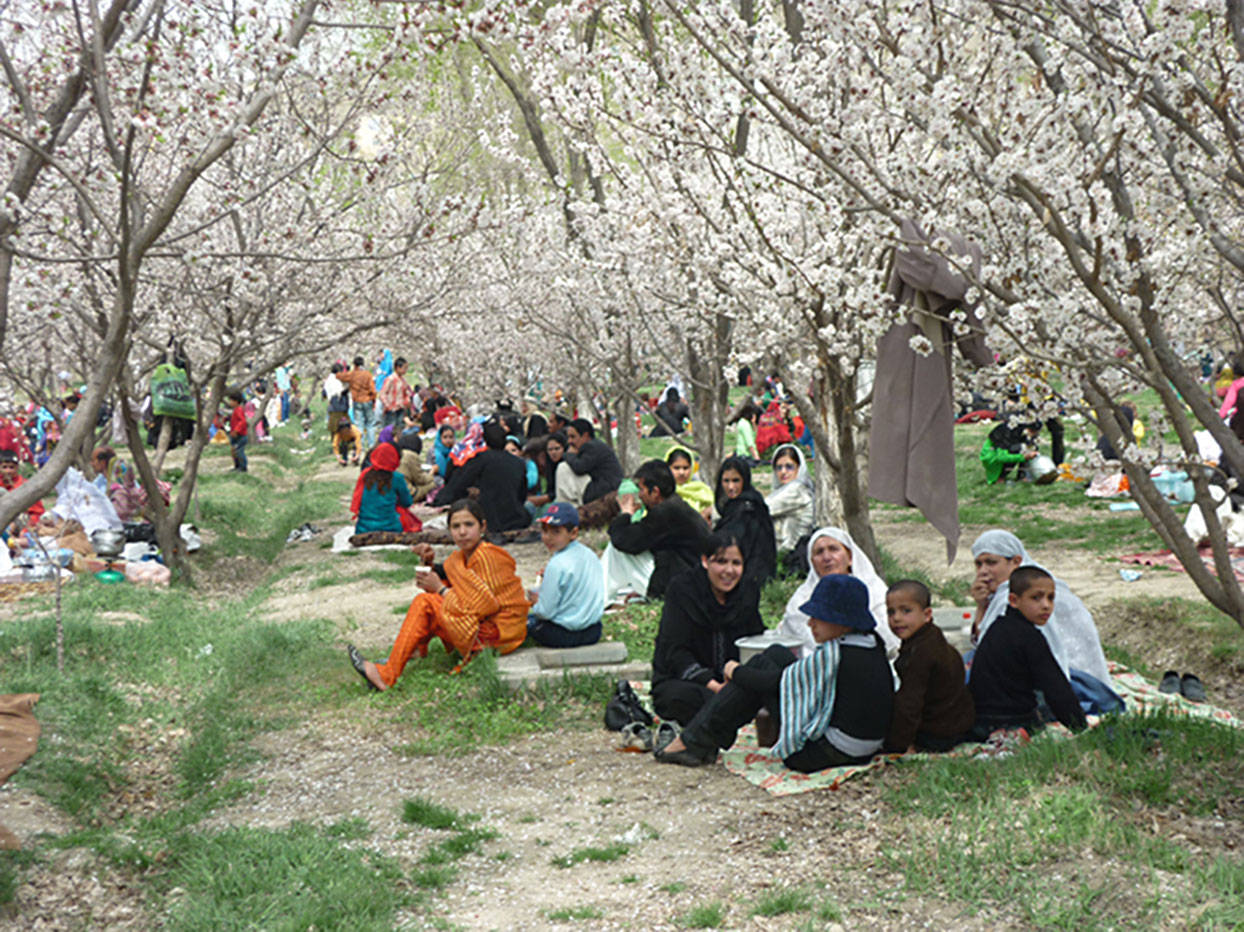The following is the second part of a transcript of one of our ongoing “Critical Conversations” with distinguished British political philosopher Arthur Bradley. The conversation took place on March 10, 2022. The first part can be found here. The discussion centers around his recent book Unbearable Life: A Genealogy of Political Erasure. Roger Green: Kieryn, you had Stefan on when […]
Tag: Aristotle
Thomas Aquinas’s Body-Soul Dualism And The Hierarchy Of Human Dignity In Brazil – Theological Origins Of A Nation’s Self-Understanding, Part 3 (Vinicius Marinho)
The following is the second of a three-part series.The first can be found here, the second here. In sum, Boff proposes that a person is an indivisible body-soul unity who exists in dialogical relations and can transcendence social limitations by loving the socially inferior. Martin Buber’s philosophy of dialogue also emphasizes the capacity to love. Love […]
Thomas Aquinas’s Body-Soul Dualism And The Hierarchy Of Human Dignity In Brazil – Theological Origins Of A Nation’s Self-Understanding, Part 2 (Vinicius Marinho)
The following is the second of a three-part series. The first can be found here. The Ecclesial Endeavor to Define the Brazilian Soul: a Summa of the Colonial Church’s Roman Structure and Thomist-Scholastic Doctrine Sicut videmus quod in uno homine est una anima et unum corpus, et tamen sunt diversa membra ipsius; ita Ecclesia Catholica […]
Thomas Aquinas’s Body-Soul Dualism And The Hierarchy Of Human Dignity in Brazil – Theological Origins Of A Nation’s Self-Understanding, Part 1 (Vinicius Marinho)
The following is the first of a three-part series. Brazil: One Soul with Varied Degrees of Human Dignity “Manda quem pode, obedece quem tem juízo”[1] is an old Brazilian proverb. It synthetizes, in two clauses, the dominant value of the Brazilian political culture: hierarchy. I claim that the Brazilian dominant cultural conception of human dignity […]
Economic Theology And The Indebtedness Of Everyday Life (Philip Goodchild And Devin Singh)
The following is the transcript of “Critical Conversations” No. 9, an ongoing series of Zoom seminars conducted by Whitestone Publications with distinguished international academics. This seminar on economics, theology, debt, and the religious origins of the modern economy was held on May 18, 2021. While the ancient world offered various forms of large-scales debt forgiveness, […]
Horror Fiction And Catholic Theology – A Rhetorical Synthesis, Part 2 (Gavin Hurley)
The following is the second of a two-part-series. The first can be read here. What specifically sets horror apart from other genres such as fantasy and science fiction? The distinction can be distilled down to the genre’s affect of fear. As already established, horror is distinctive from other genres in that it fosters a feeling […]
Traversing W.H. Auden’s Religious And Aesthetic States, Part 2 (Raji Singh Soni)
The following is the second installment of a three-part series. The first one can be found here. Used by Auden in concert with “limitation” to qualify boundaries proper to secular aesthetics in modernity, the term “absurd” in its Kierkegaardian sense implies another precinct against which art and the artist will necessarily chafe in nonreligious domains […]
The Kingdom, The Power, The Glory, And The Tawdry – Media And The Undoing Of The Demos, Part 1 (Carl Raschke)
This article appears in three installments. It was originally a paper given at the international conference “The Crisis of Representation” at Melk Conference Center (Stift Melk, Austria) sponsored by the Religion and Transformation in Contemporary Society Platform at the University of Vienna (June 27, 2017). The next two will be published on July 11 and […]
The One Is Not – On the Fate Of Unity in Post-Metaphysical Philosophy (Jussi Backman)
A Turkish translation of a version of this essay has been published as “Bir, bir şey değildir: post-metafizik düşüncede birlik ve çokluğun akıbeti,” trans. Mustafa Yalçınkaya, Sabah Ülkesi: Üç aylık kültür-sanat ve felsefe dergisi, no. 51, Nisan 2017, 16–19. Available online at http://www.sabahulkesi.com/sayi.php?no=51, retrieved 27 April 2017. The themes of this essay are discussed in […]
Untimely Meditations on Techno-Theology and Theo-Poetics, Part 2 (John Panteleimon Manoussakis)
The following is the second half of the article. The first installment can be found here. Theopoetics II: The Difference between Technology and Logotechny Richard Kearney’s theopoetics offers an alternative to the techno-theo-logical alliance between the divine machine and the mechanical god as outlined so far. His hermeneutical reading of the scriptural text pays close attention to a different […]

